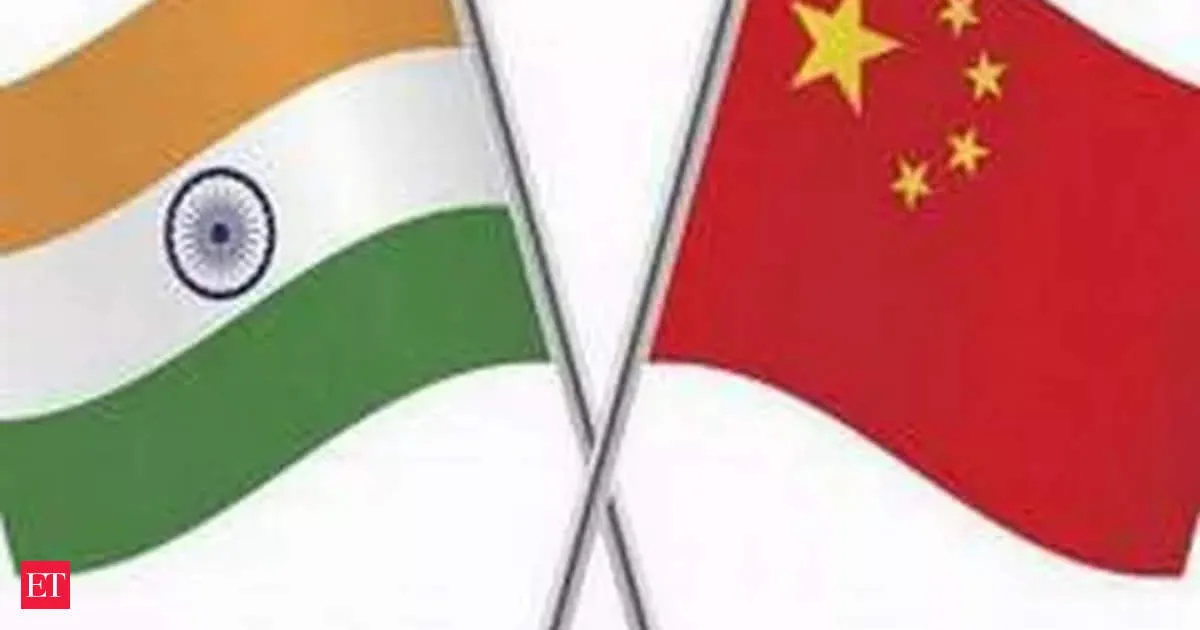Policy Changes Open Doors for Chinese Investment in India’s Electronics Sector

Understanding the New Exim Policy
Recent developments in the exim policy have seen an inter-ministerial panel approving five-six investment proposals focused on the electronics manufacturing sector. These approvals surprise many due to previous concerns stemming from border tensions and scrutiny over Chinese investment in India.
Details of the Approved Proposals
- Luxshare, a Chinese electronics major and Apple vendor, has received approval.
- A joint venture between Bhagwati Products (Micromax) and Huaqin Technology will see the Chinese firm take a minority stake.
- Other firms include Taiwanese companies connected to the Hong Kong exchange.
Industry Pressure and Economic Implications
Increasing pressure from India's electronics industry highlights the necessity of such approvals to enhance local supply chains. The government recognizes the economic losses and the halted investments that have cost local manufacturers heavily.
Safeguarding Measures for Investment
The government is implementing safeguards, ensuring no Chinese nationals hold key executive roles and restricting Chinese companies to minority stakes in collaborations with Indian entities. This cautious approach aims to foster local manufacturing while minimizing risks associated with cross-border investments.
Future Prospects of India-China Trade
The landscape of India-China trade continues to evolve as the inter-ministerial panel prepares for future investment approvals. The increasing demand for electronics components is expected to worth $75-80 billion by 2026, emphasizing the importance of expanding production capabilities.
This article was prepared using information from open sources in accordance with the principles of Ethical Policy. The editorial team is not responsible for absolute accuracy, as it relies on data from the sources referenced.